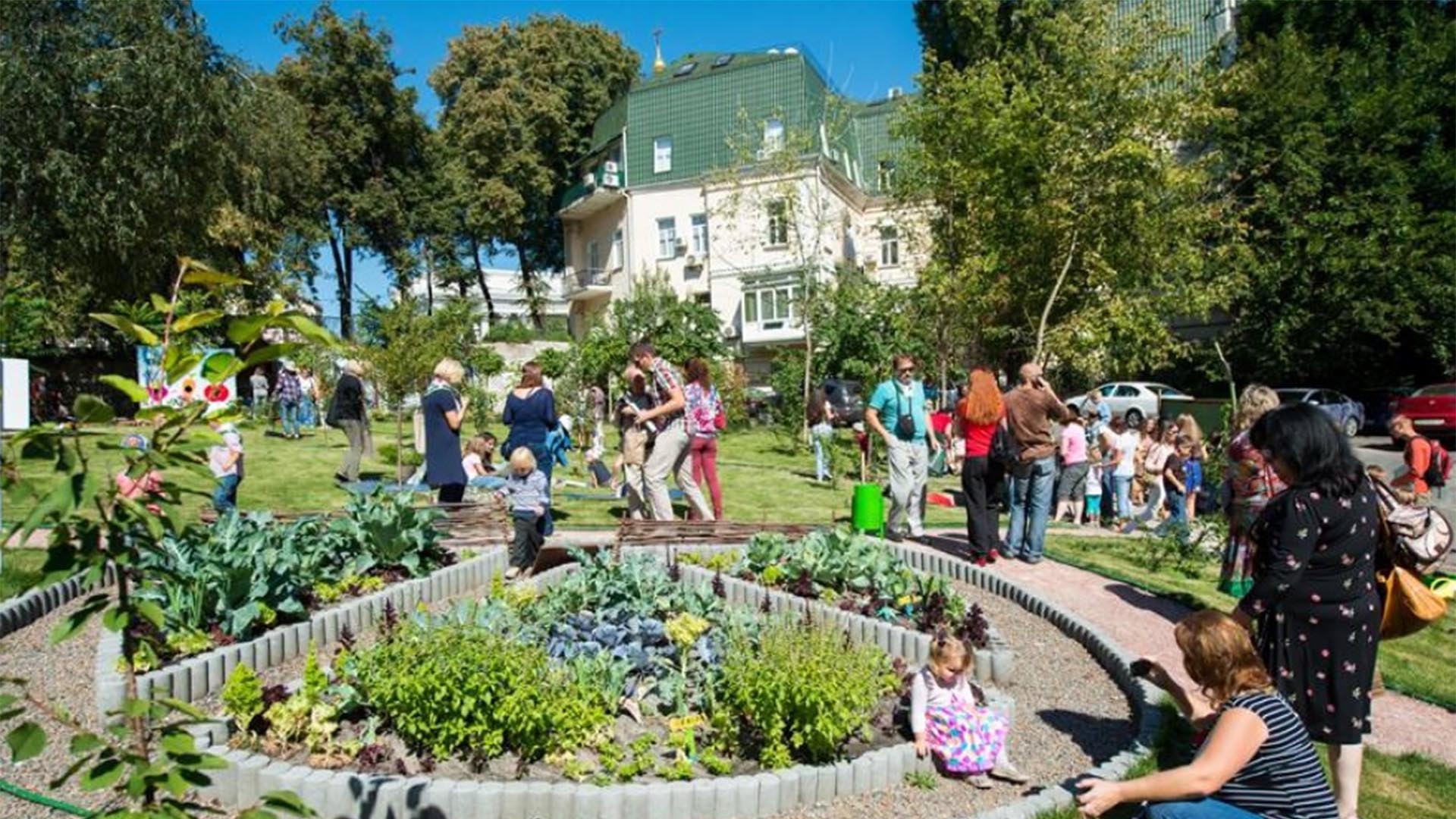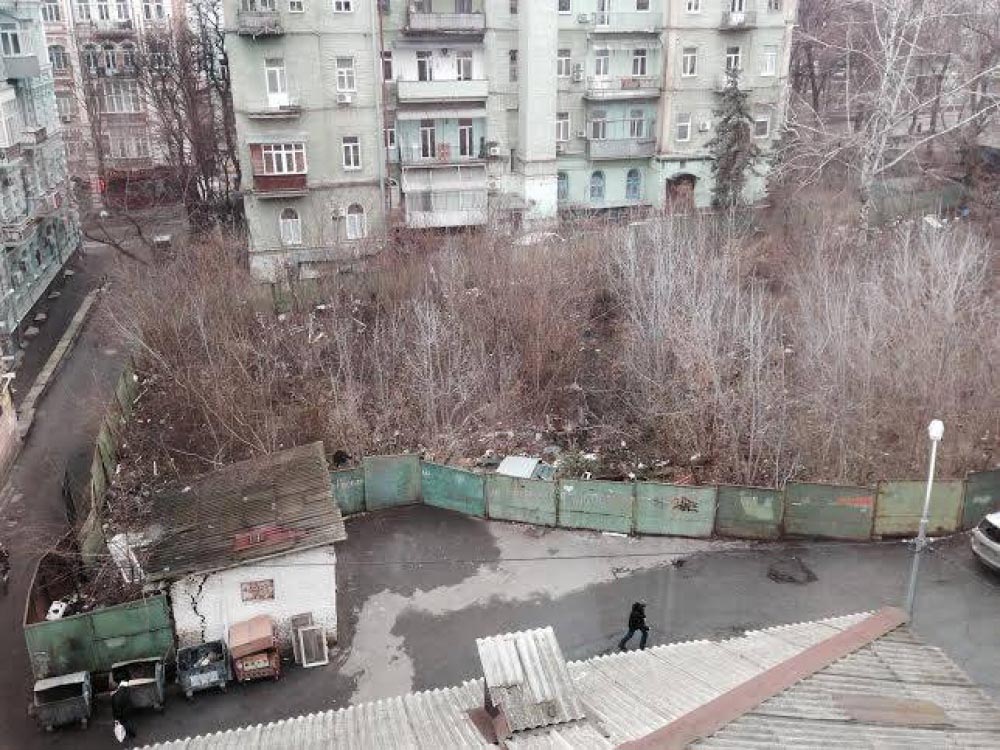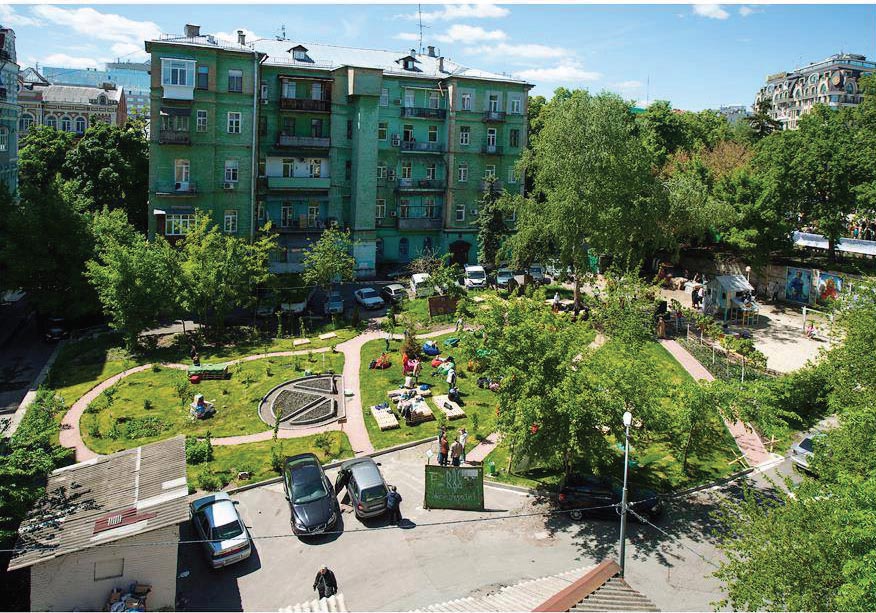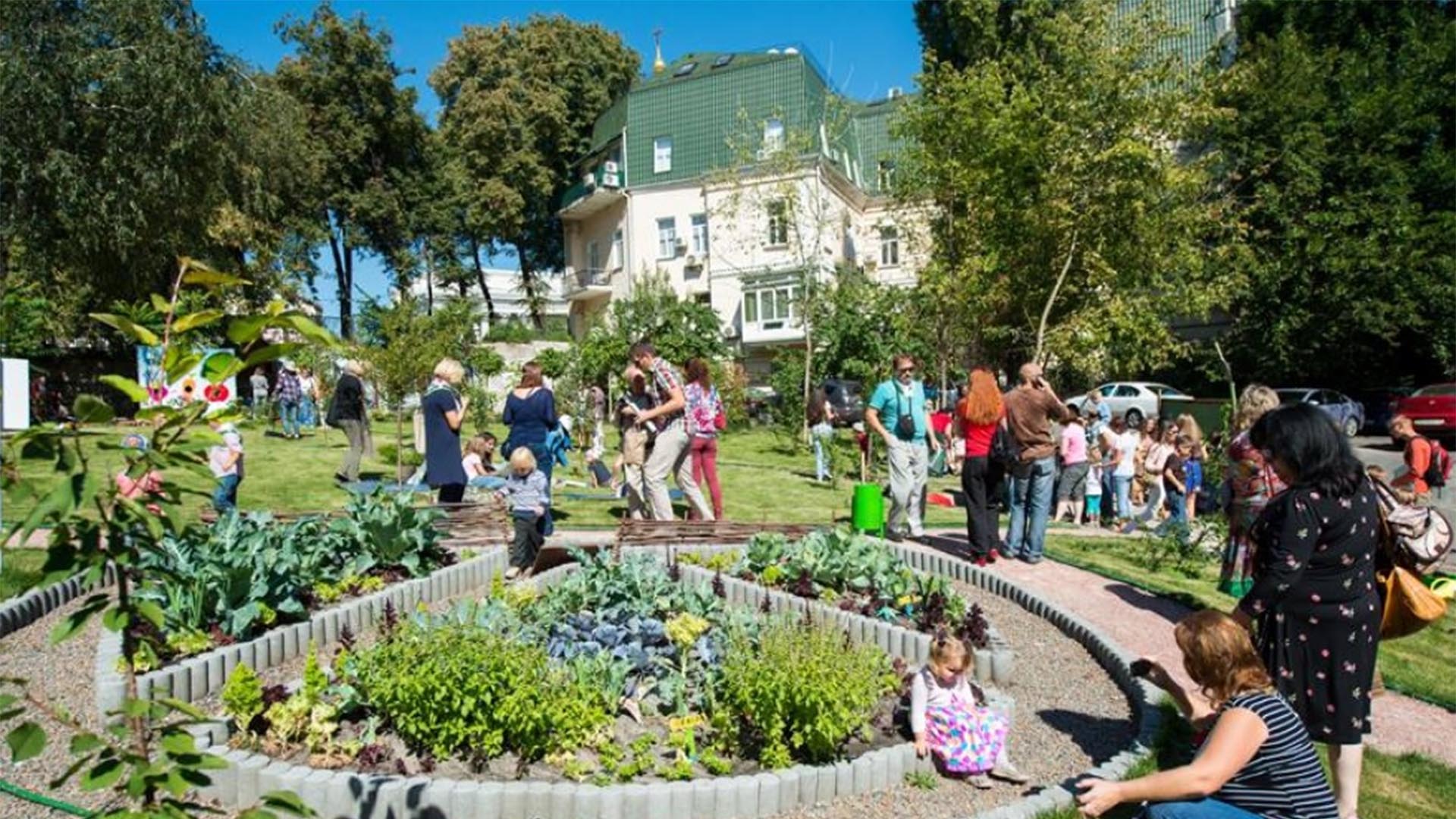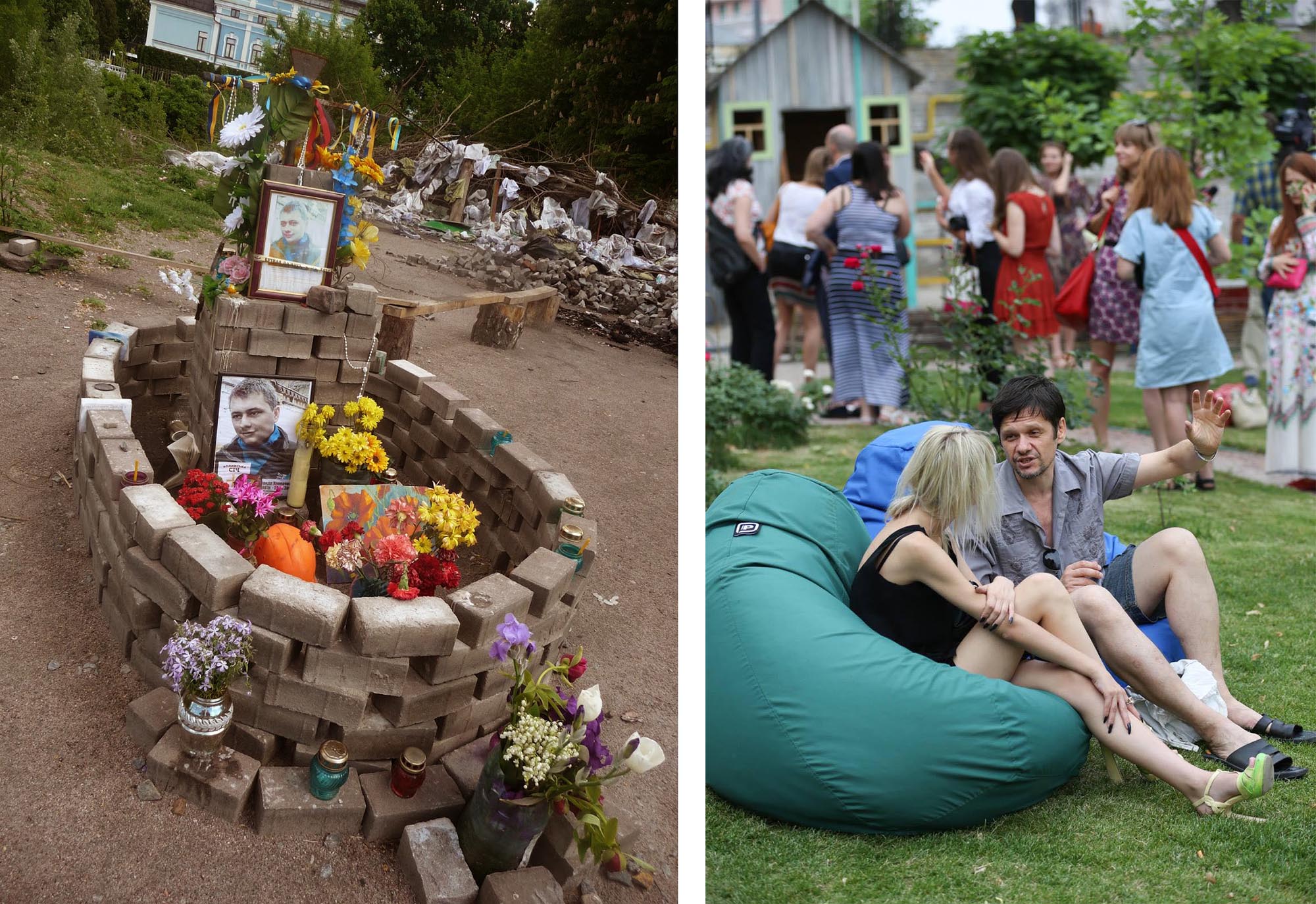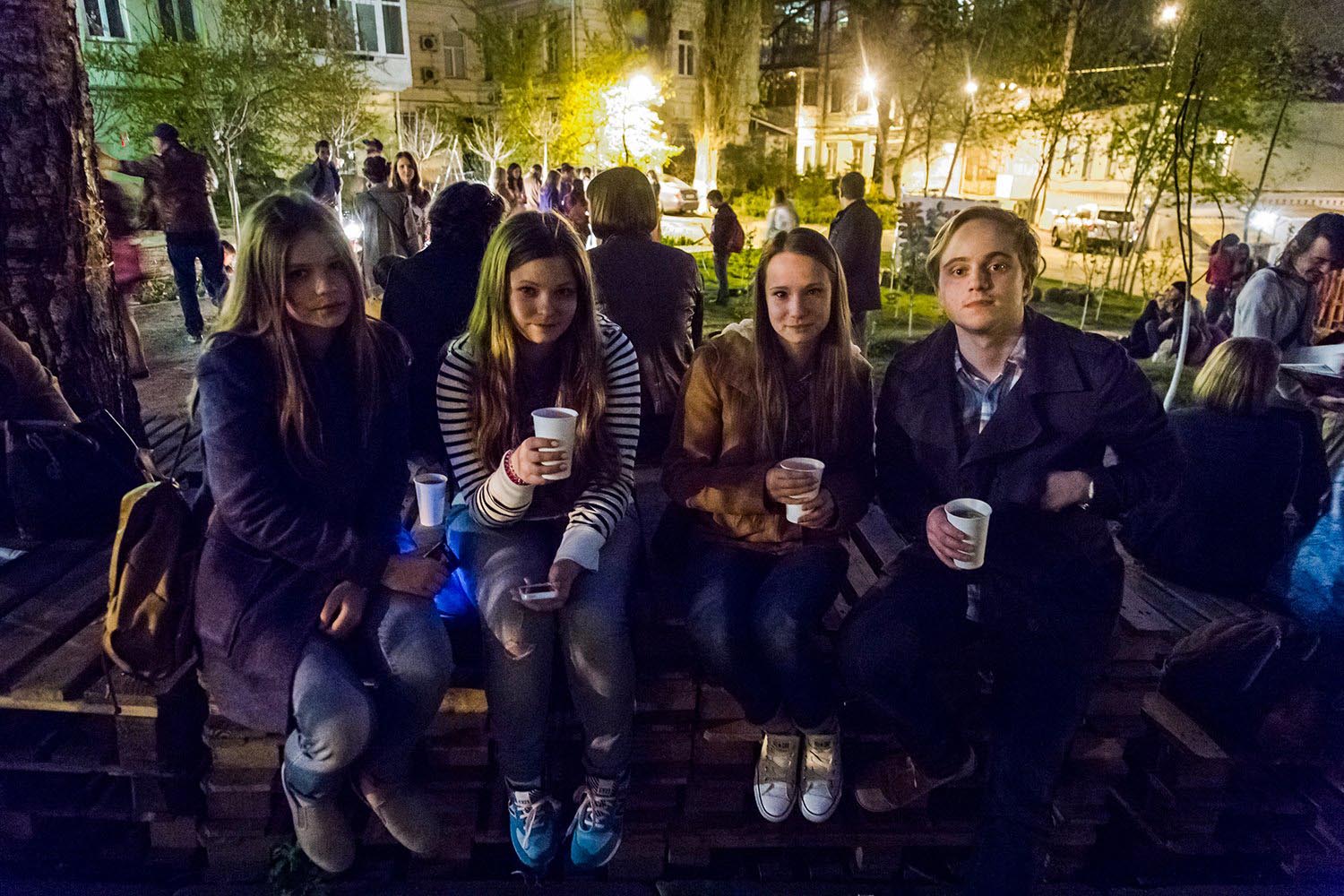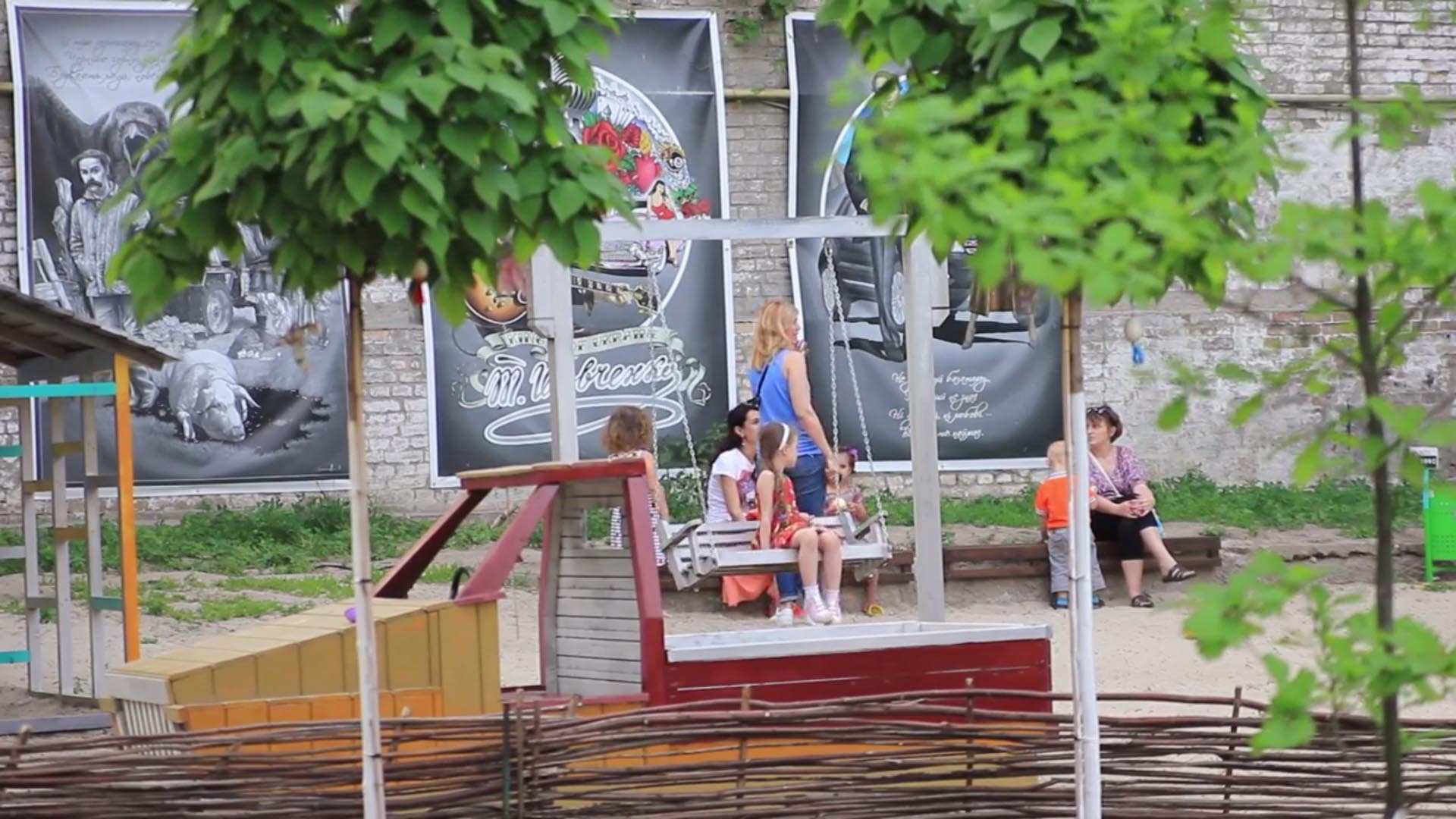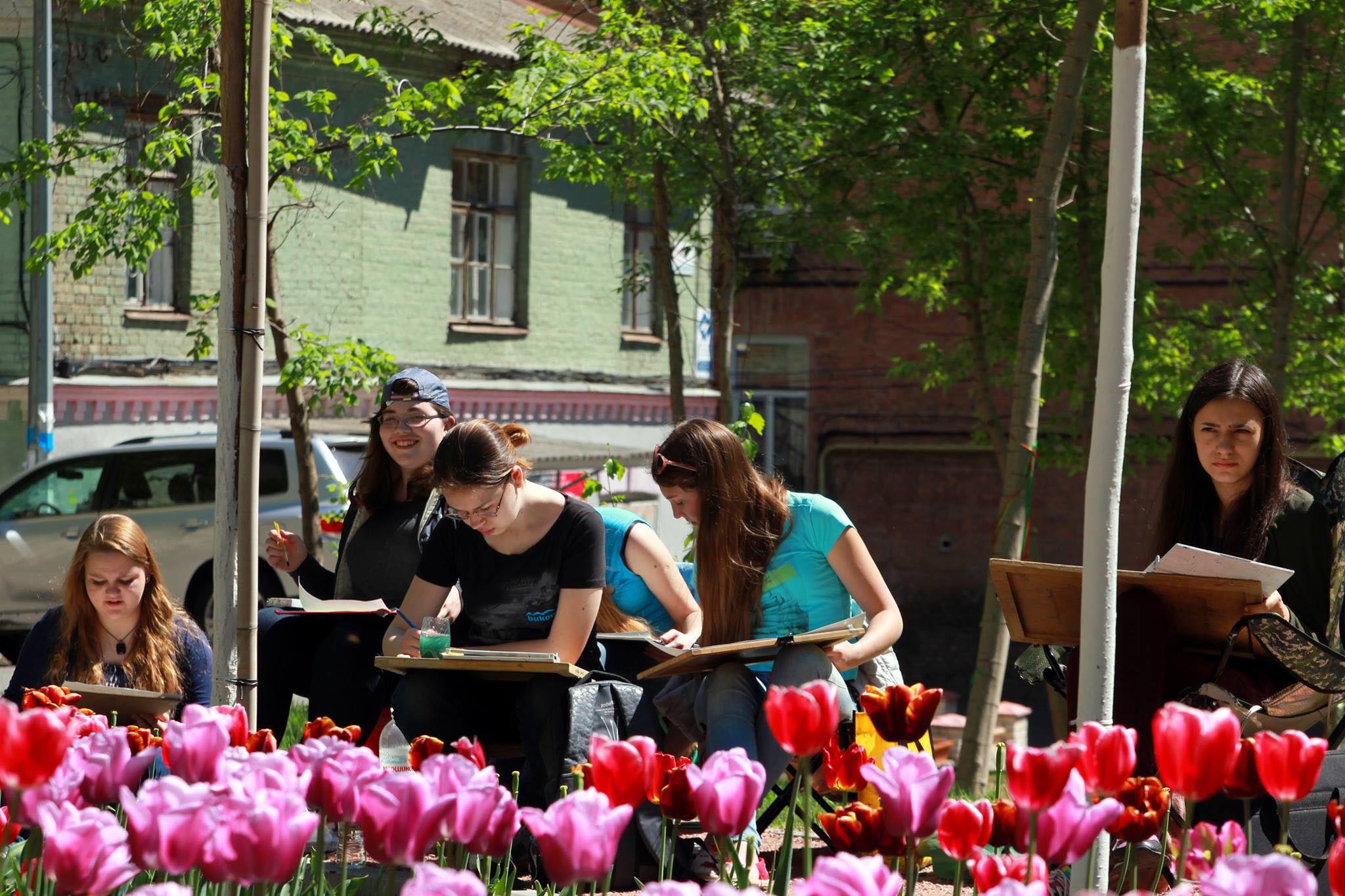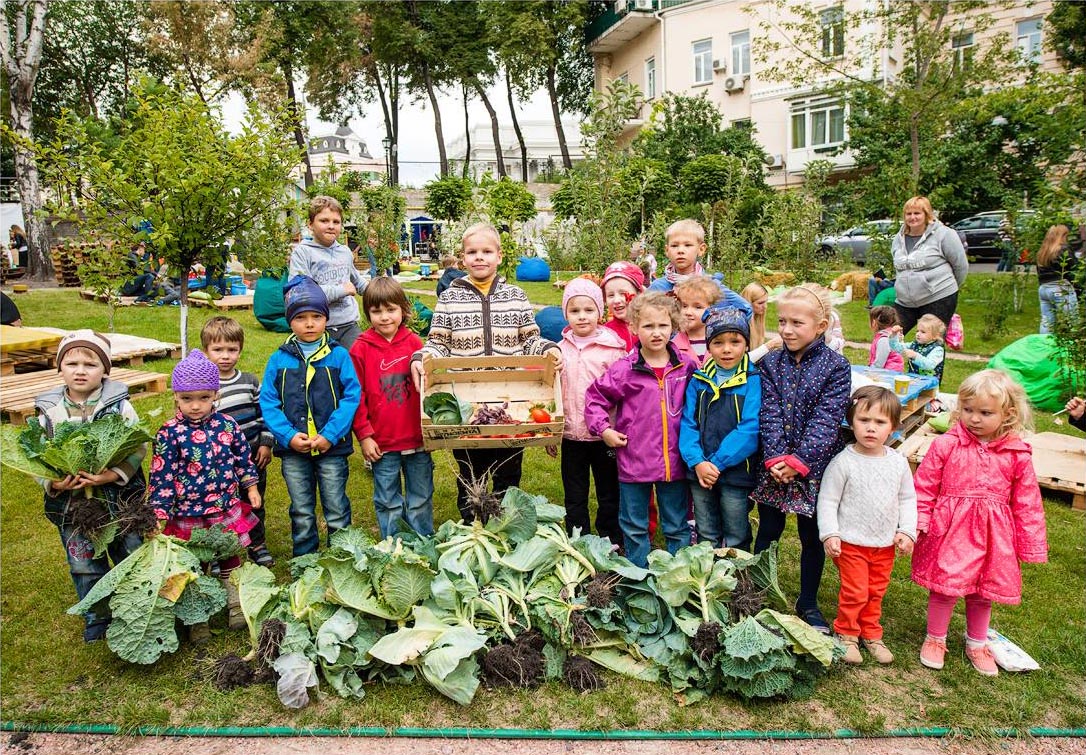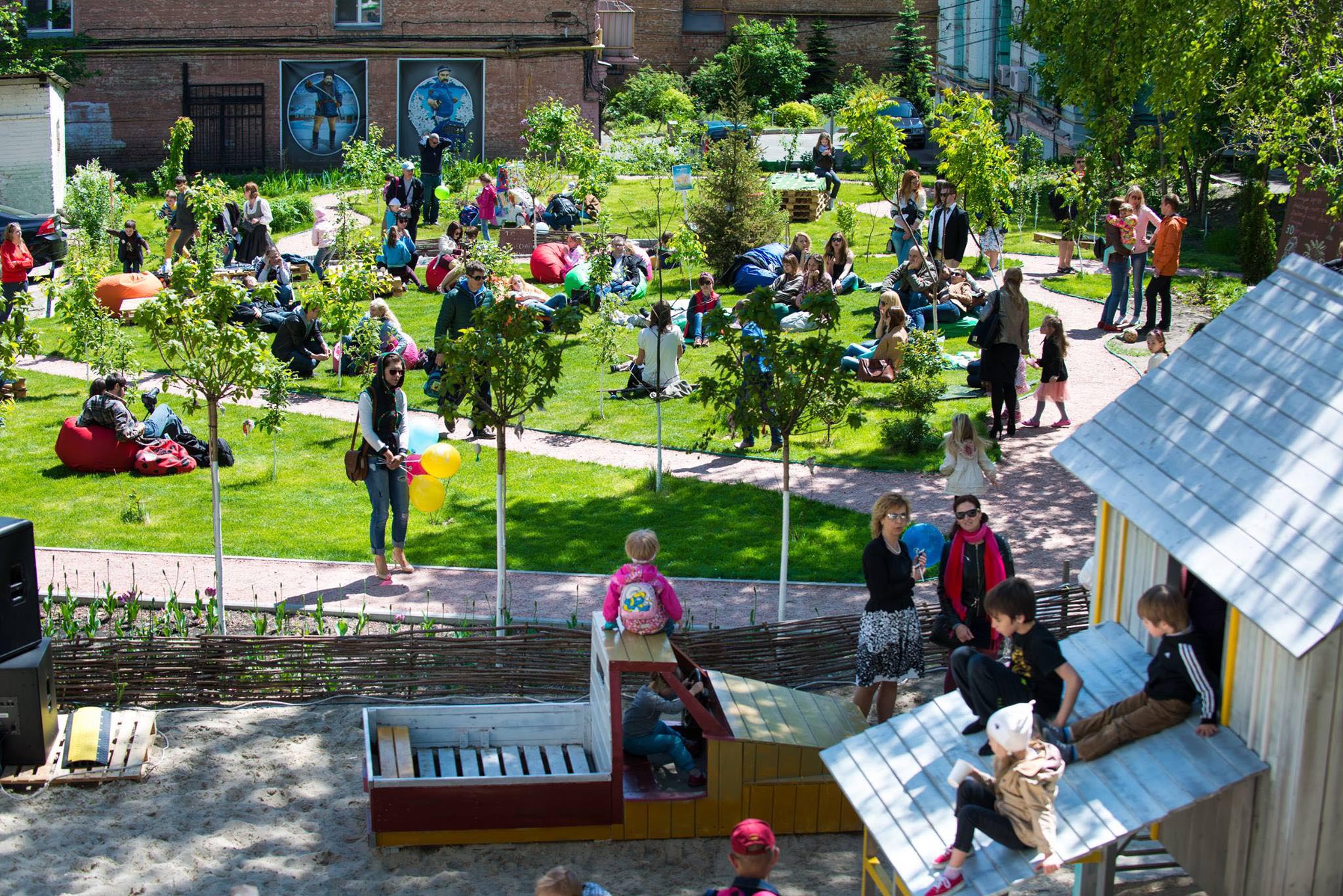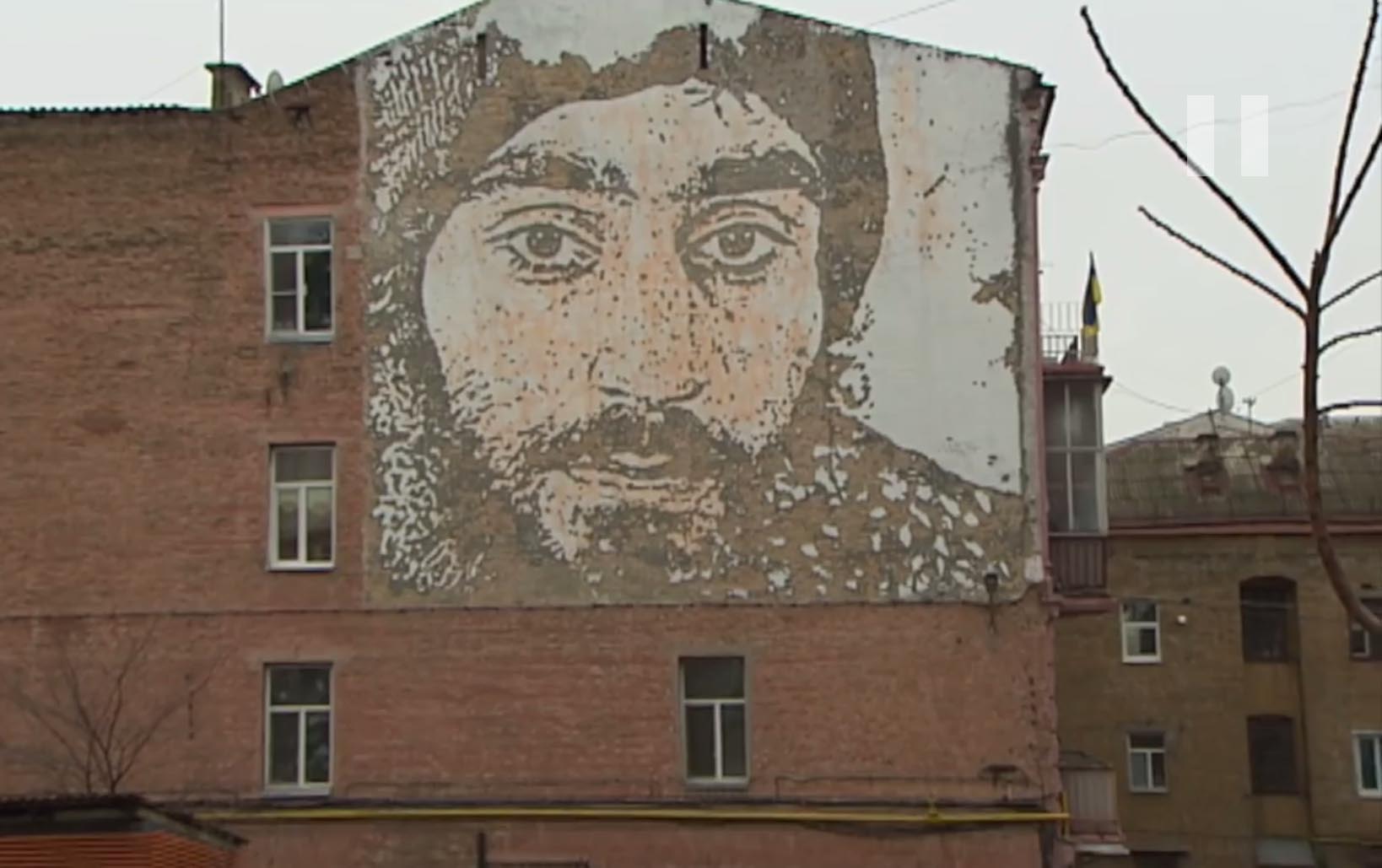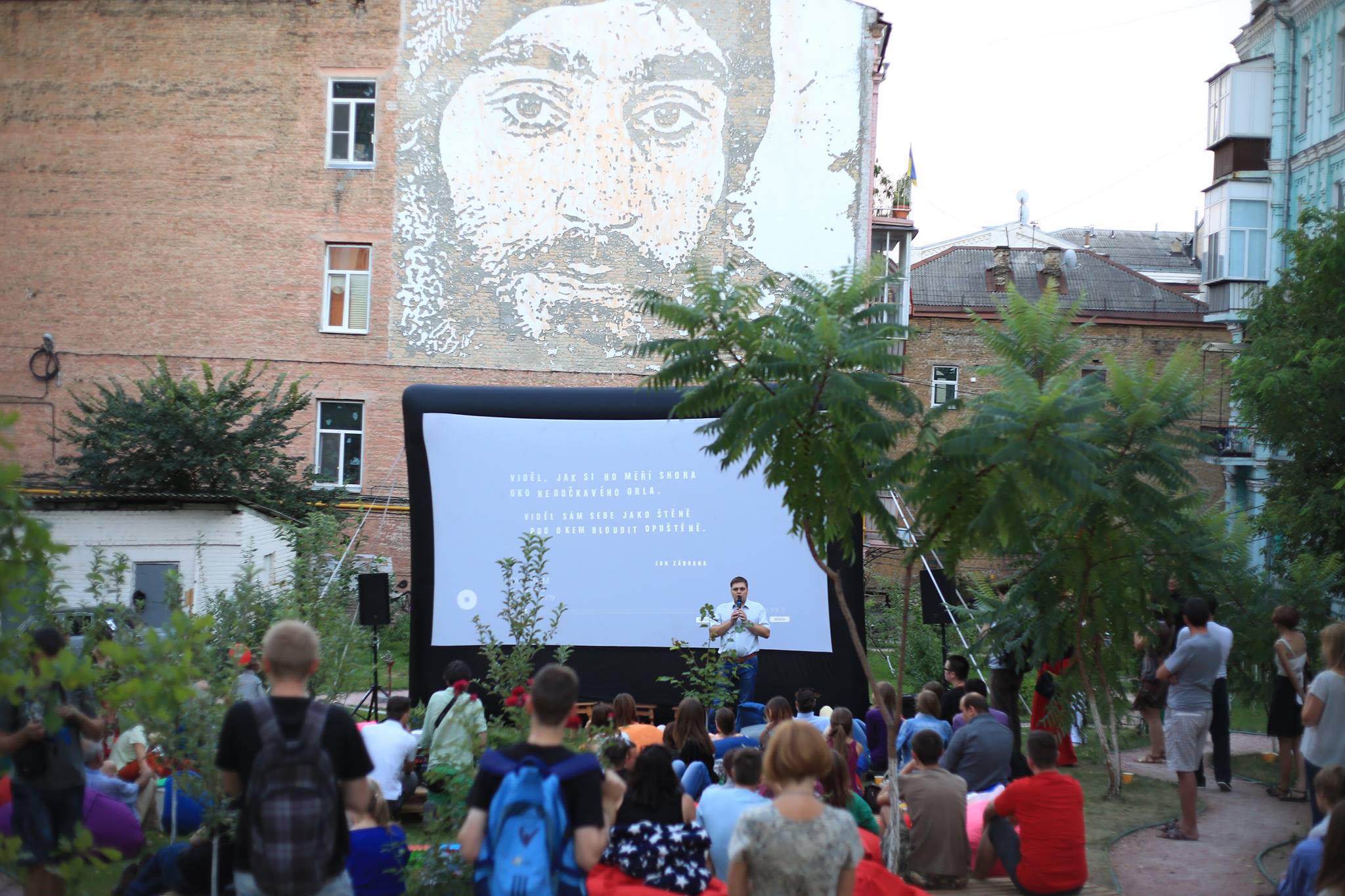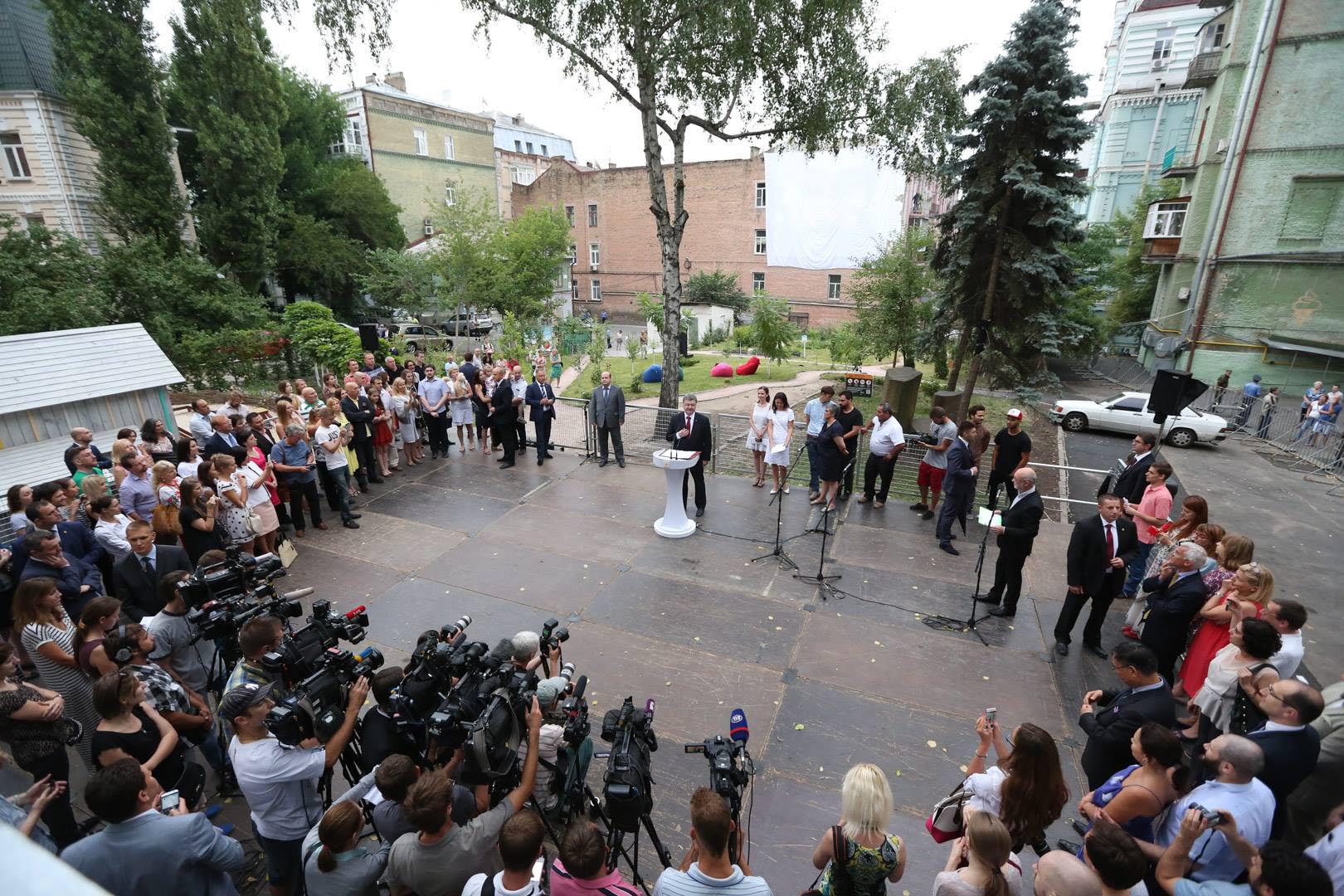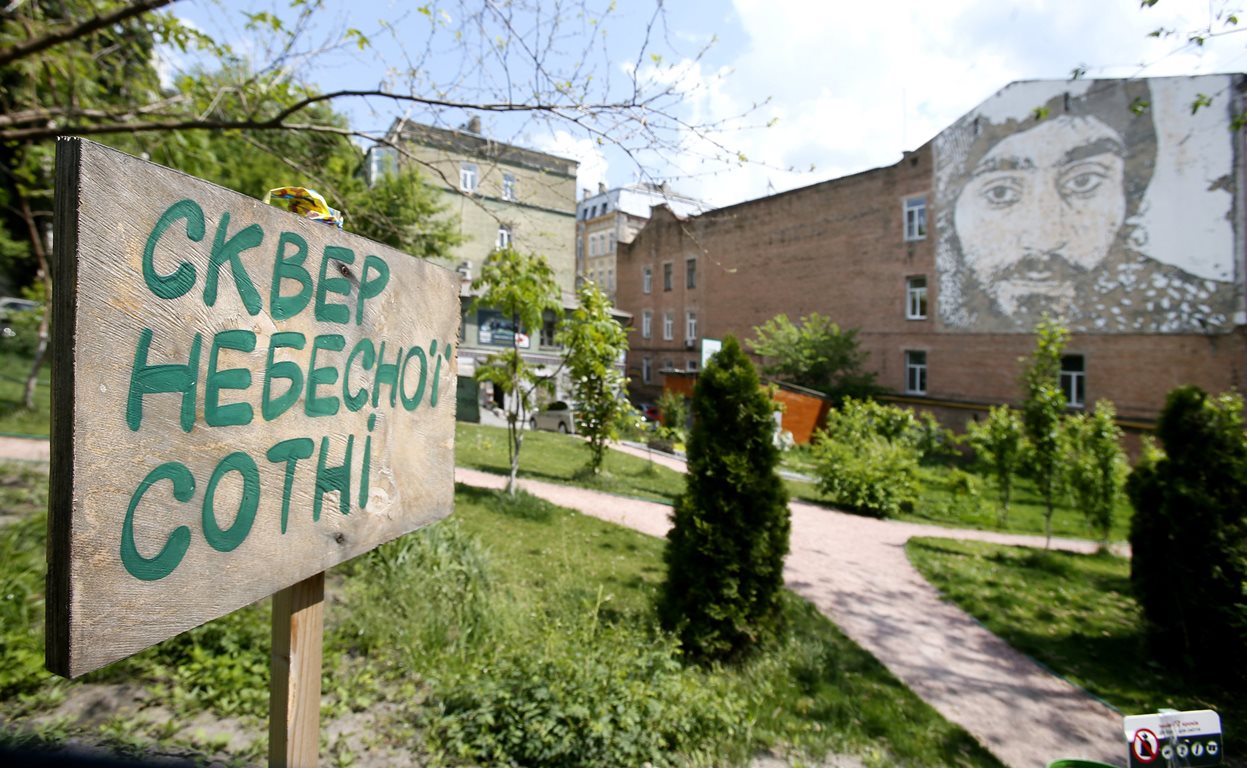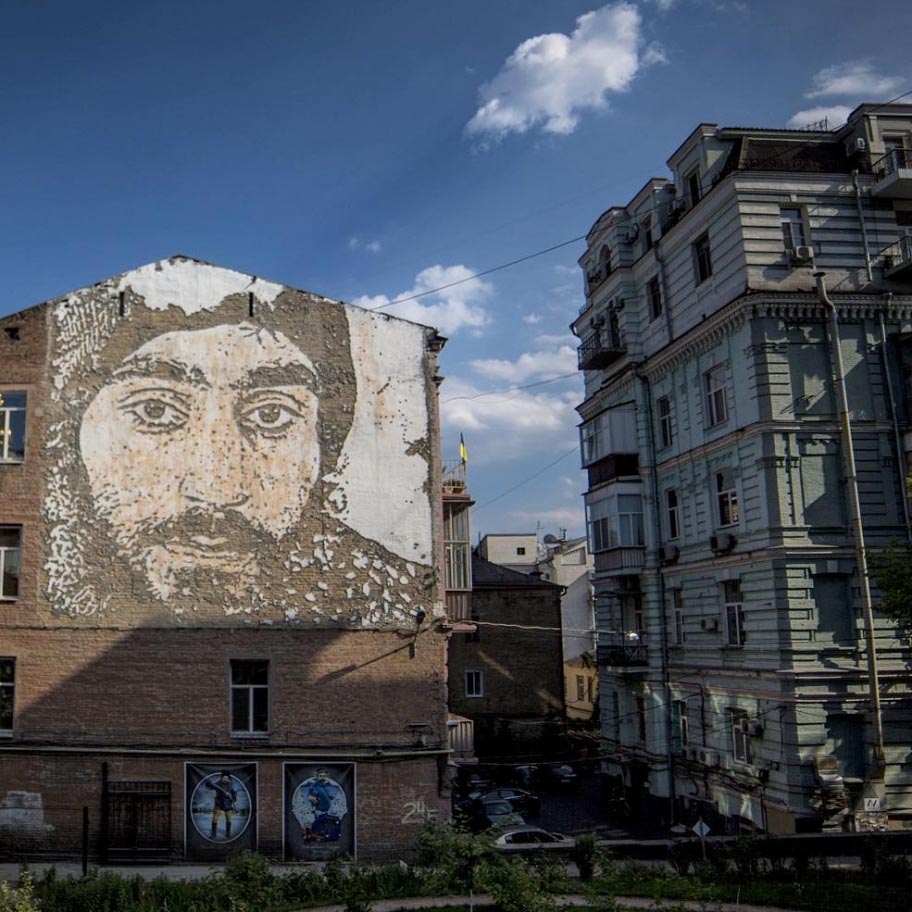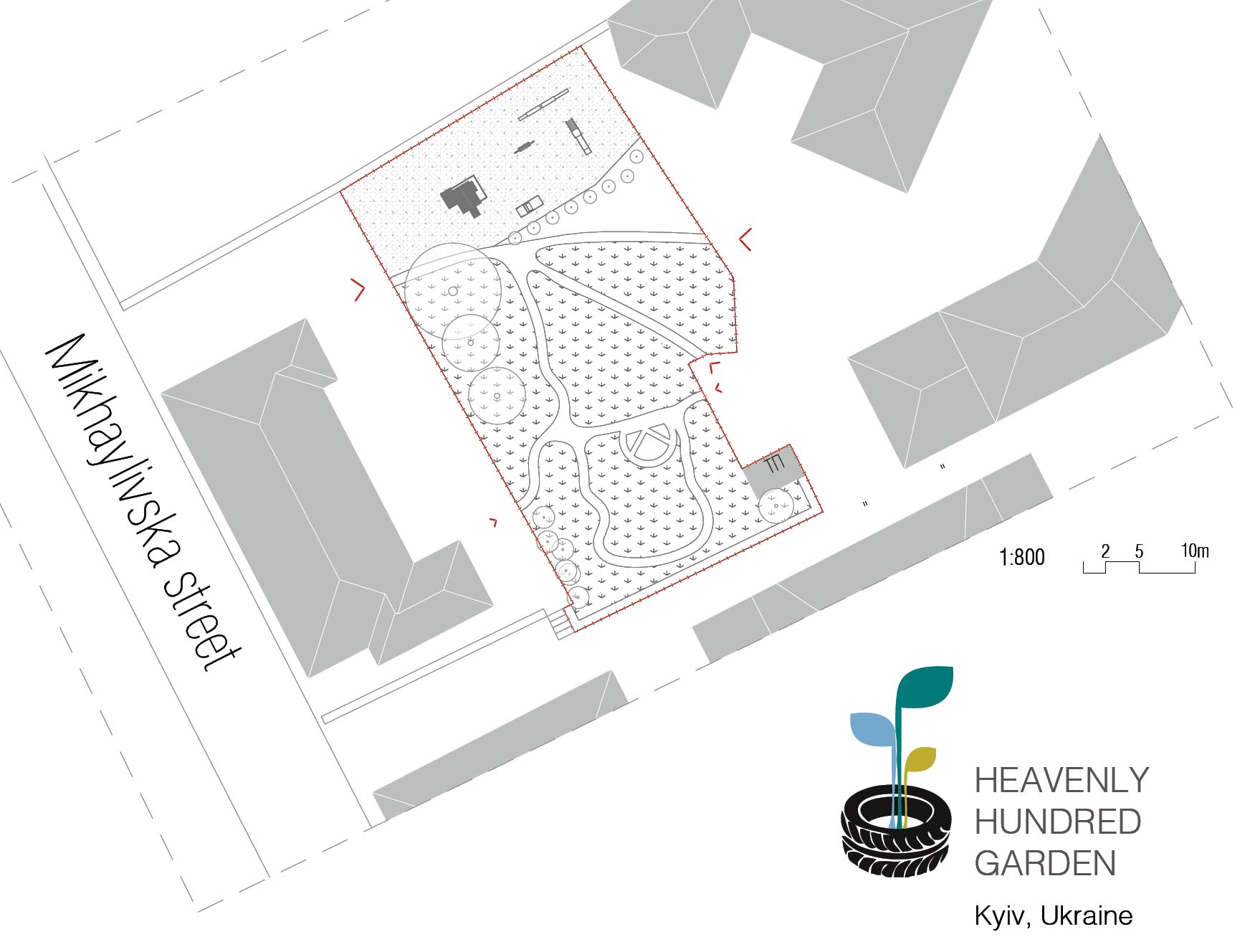Previous state
For years, the use of an empty lot as a rubbish tip just a few streets from Independence Square in the old centre of Kiev was a blatant symptom of the contempt in which public space is held in the city. In February 2014, in the harshest days of the Revolution of Dignity—also known as EuroMaidan (literally Europe Square)—some activists took down the fence surrounding this land in order to put up barricades and defend themselves from the police. The toll of the brutality with which the authorities crushed the protests was more than a hundred deadand many injured. A week later, the residents living around the vacant lot decided to occupy it and use it as a meeting place where they could keep discussing the democratic reforms that were needed in Ukraine.
Aim of the intervention
The idea of the people who took part in the occupation was to clean up and convert the former rubbish tip into an agreeable garden which would keep alive the memory of the victims of police brutality. Now named “Heavenly Hundred” garden, the place was to bring together the merely commemorative function and leisure and creative activities which would invite people to share their daily lives. The slogan, “No tears or candles but only action” was the inspiration for a place which was to be transformed by means of community co-production and self-management, with the help of the NGO Misto-sad but with no interference from the authorities.
Description
From the very beginning, the occupation of the former rubbish tip received hundreds of expressions of support from around the world. Volunteers cleared the land and removed tons of rubbish. The local residents began to plant trees brought from other parts of the country to honour the victims with a symbol of life. Paths were made so people could move among the new garden plots and a playground was equipped with a slide and swings, together with a car made out of recycled material and a wooden shed for storing toys and tools. In the middle of the area is a communal vegetable garden when residents and their children are learning to cultivate ecological products. When the weather permits, the garden area is a venue for free-of-charge events in the open air, including concerts, readings, exhibitions, educational games and film screenings. Some months after the lot was occupied, the Portuguese artist Vhilsused a nearby wallto paint a large mural-portrait of SerhiyNihoyan, the first person to be killed by the police. This has now become an icon of the place.
Assessment
In a city little used to well-looked-after public spaces, the “Heavenly Hundred” garden has set a new precedent. The space has given local residents encouragement to try to construct a more just and sustainable societyfrom the bottom up. In fact, in itself, the garden has become a symbol of democracy, in the sense of being both a memorial to the victims who heroically defended it and as a scene of the everyday efforts of all the people who work to keep this shared, self-managed space alive.
David Bravo │ Translation by Julie Wark
“Heavenly Hundred” Garden, Kiev (Ukraine). SPECIAL MENTION. European Prize for Urban Public Space 2016 (English) from CCCB on Vimeo.
[Last update: 20/04/2022]


